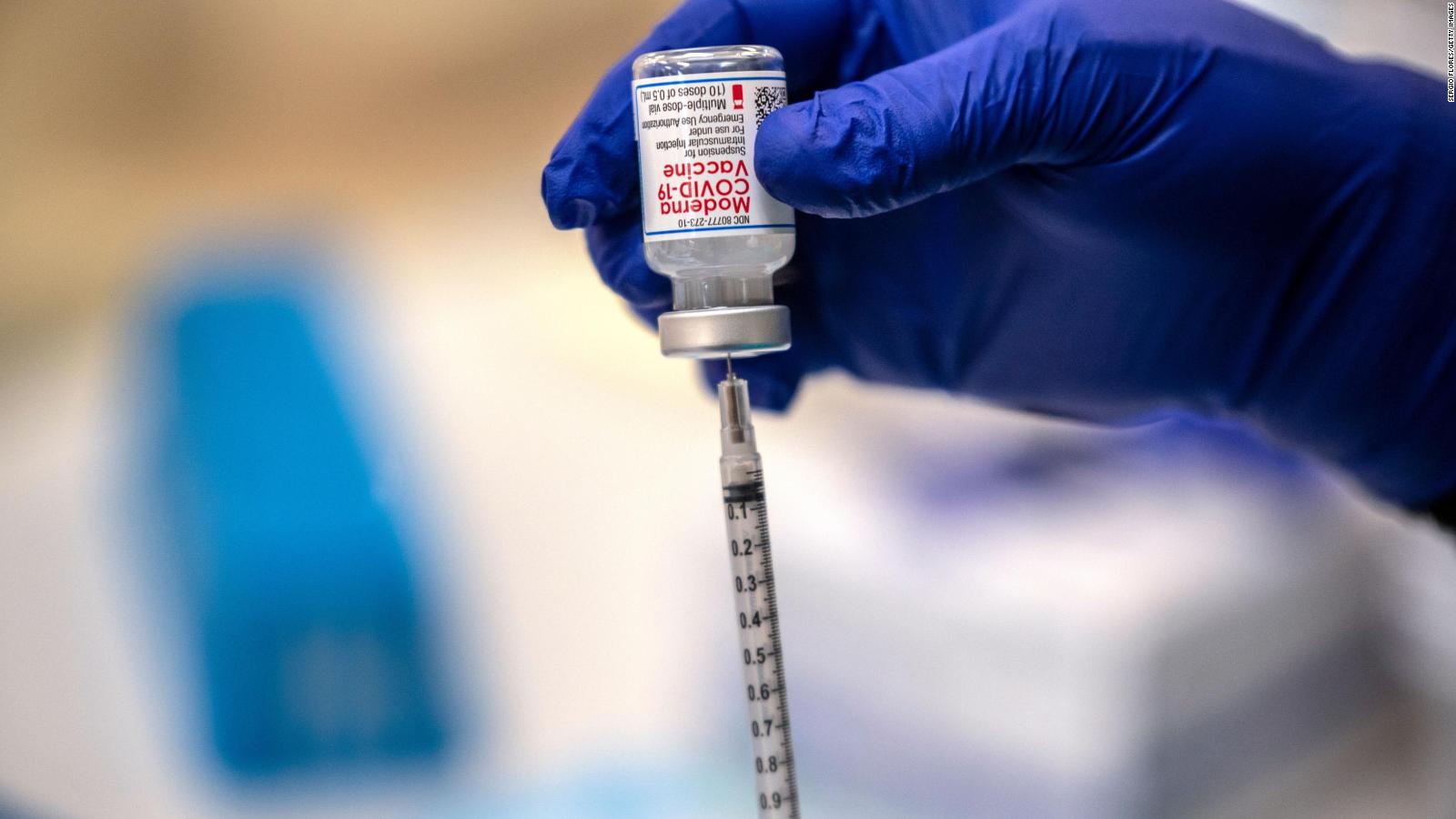Will I need a booster dose of the Pfizer vaccine?
0:40
Washington (CNN) -
Top health officials in the Biden administration agree that most Americans should receive COVID-19 booster shots eight months after being fully vaccinated, two sources familiar with the facts told CNN. discussions.
The plan, which is still being developed, would involve the application of third injections from mid to late September, added a source, pending authorization from the US Food and Drug Administration (FDA, for its acronym in English).
Pfizer and BioNTech said Monday that they have submitted initial data to the FDA to support the use of booster doses for their vaccines.
The plan could be announced as soon as this week, although the exact timing is not defined.
So far, federal health officials have said that the general population does not need boosters.
Last week, the FDA authorized third doses for some immunosuppressed people, and the US Centers for Disease Control and Prevention (CDC) almost immediately recommended giving those doses.
See on this map which countries have already approved a third dose of the covid-19 vaccine
The news of the reinforcement plan for most Americans was first reported by The New York Times.
Since healthcare workers and nursing home patients were the first to receive their vaccinations, the administration currently hopes that they, too, will be the first to receive boosters.
The older populations that were also at the front of the line for the first vaccines would be next, the source said.
advertising
Covid-19 in Latin America: This is how vaccination rates are going by country
This is the booster plan for those who received two-dose vaccines.
Officials are still collecting data for Johnson & Johnson's single-shot vaccine.
Experts currently anticipate that those who received the J&J vaccine will also need booster shots, but will make that decision once they have more data, a source familiar with the discussions told CNN.
Earlier Monday, Pfizer and BioNTech said they had submitted initial data to the FDA to support the use of a booster dose of the Covid-19 vaccine.
A third dose elicited a significantly higher antibody response against the initial coronavirus strain, as well as the delta and beta variants, compared to what was seen among people who received two doses, the companies said.
"Given the high levels of immune response observed, a booster dose administered 6 to 12 months after the primary vaccination schedule can help maintain a high level of protection against COVID-19," the company said in a statement.
Experts hope to expand the protection of vaccines for children and immunosuppressed people to win the race against the variants
"These initial data indicate that we can preserve and even exceed the high levels of protection against wild-type viruses and relevant variants using a third dose of our vaccine," added Dr. Ugur Sahin, CEO and co-founder of BioNTech. "A booster shot could help reduce infection and illness rates in people who have been vaccinated before and better control the spread of virus variants over the next season."
Last month, researchers reported that the J&J vaccine provides immunity that lasts for at least eight months and appears to provide adequate protection against the worrisome delta variant.
J&J said at the time that a second dose or a booster dose of their vaccine would not be necessary.
Pfizer / BioNTech and Moderna have said that their two-dose vaccines offer protection for at least six months.
CNN's Jen Christensen contributed to this report.
covid-19 vaccine

